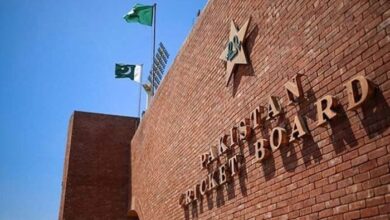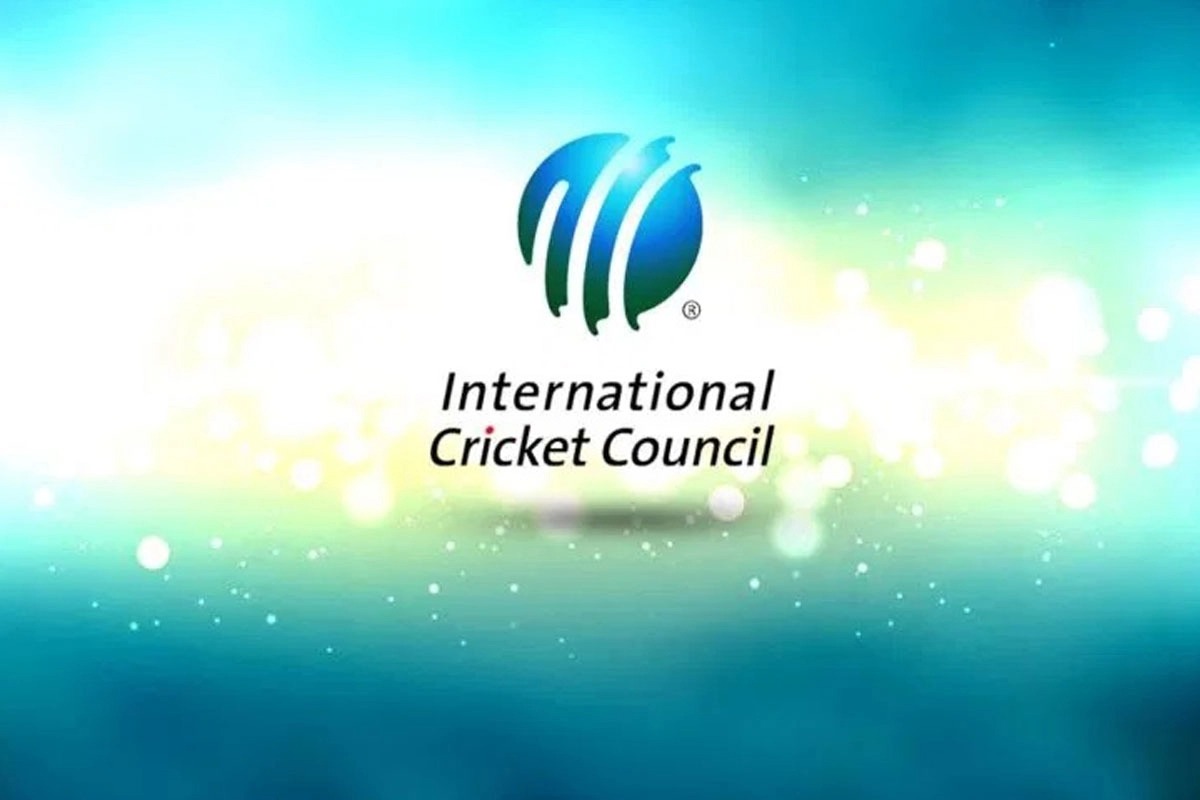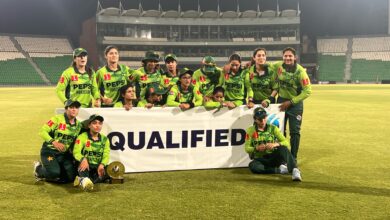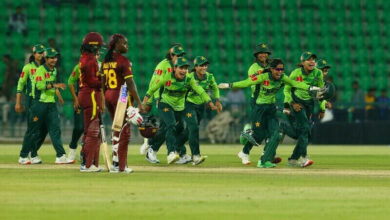Philippines skipper Jonathan Hull terms their maiden participation at global qualifiers akin to a ‘Super Bowl’
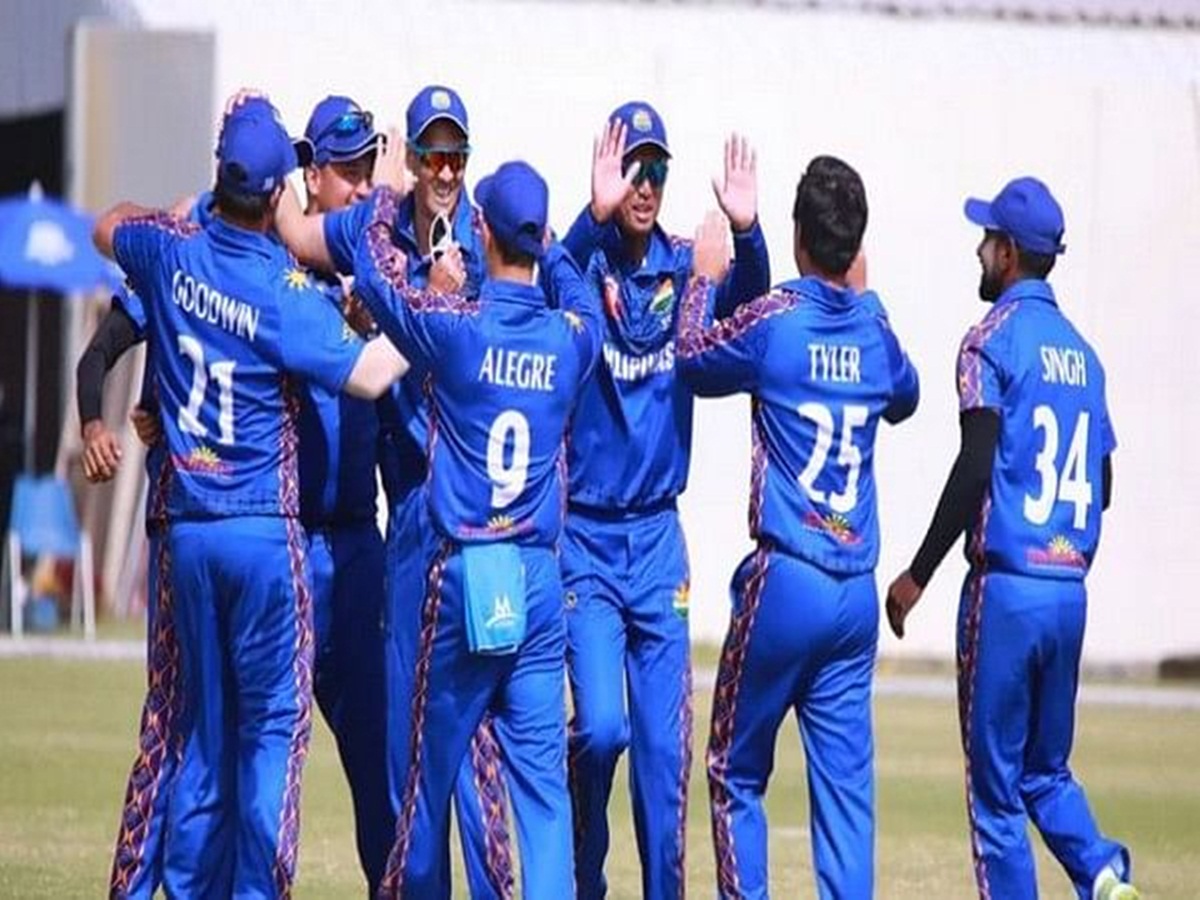

The enormity of playing against some of the top Associate Nations is summarised by Philippines skipper Jonathan Hull in just two words.
Hull is leading the squad at the ICC Men’s T20 World Cup Qualifier A, supported by Dream 11, in Oman. A high-school teacher based in Australia, he said: “It is like a Super Bowl. It is the highest level we have played ever.
“It has been a learning curve since we regrouped after three years to participate in the global qualifier for the first time last month.”
Philippines are one of the eight teams that are currently playing the Qualifier A at Al Amerat. The tournament concludes on Thursday with Ireland facing the UAE in the final.
On Tuesday, Ireland, and the UAE won their respective semi-final matches to qualify for the ICC Men’s T20 World Cup in Australia later this year.
Philippines made it to the global qualifier as the top team from the East-Pacific region.
Despite the large defeats in all the four matches they played so far, Hull was proud of his all-amateur team.
Besides club cricketers from Australia with Filipino parentage, a number of resident cricketers from the sub-continent constitute the squad.
Hull, who has been with the national team since 2013, said: “It was a surreal experience to play against some of the top Associate nations.
“The realistic measure of our success is the strength and quality of the relationship we developed among ourselves on this tour.
“With each match, irrespective of the results, we have been learning. The lessons are simple. The strength in the quality of learning after each match, every training session and a reflection on our matches.”
Hull is among the many school teachers in the squad that also feature a lawyer, a civil engineer, traders and a hockey coach.
The skipper, who has been with the national team for the past eight years, said: “Our learning has been intense. The boys are really positive despite the defeats and relishing the opportunity to play here against top-class opposition.
“It is a different ball-game to take on teams that have professional and semi-professional cricketers in their ranks. We are a bunch of amateurs and there is bound to a big difference in the skill sets. We are proud to get this tremendous opportunity to represent the nation.”
For a team that hasn’t played together for the past three years, Hull believes ‘it will take time for the side to get better.’
The skipper said: “The way the higher-ranked teams went hard at us to boost their net run-rate (NRR) was quite an experience. Each of us have walked away from the pitch as a better cricketer after each match.”
The last time the Philippines played a match was in 2019 when they beat Vanuatu in an EAP regional qualifying tournament in Port Moresby. The victory secured ‘The Carabaos’ [water buffalo native to the Philippines] a ticket to Oman.
Looking ahead after the Qualifiers, the skipper said: “All the players are going to have a really good understanding as to what it takes to play at this level.”
Among the most-heartening experience for Hull, and his players, was after the 136-run defeat to Nepal.
Soon after the defeat in a Group A match, Nepal’s Sri Lankan coach Pubudu Dassanayake came down to have a talk with the Philippines team.
Hull said: “It was one of best messages we received. He emphasised the simplicity of training with a positive mindset and mastering it. Like if one has to learn cover drive, he should try out 10,000 times.
“Another thing we will carry along with us is the clinical manner in which the top teams approach the game.”
Hull was left in awe of players of higher-ranked teams. He said: “We understood that we can be humble on and off the pitch. One can be fiercely competitive but without crossing the limits and play in the spirit of the game.”
Growth of the game
Evan McCall, Philippines Cricket Association (PCA) development manager, said that ‘there is a growing number of young Filipinos who have the passion to pick up the game’.
“During the past three years, it has been a challenging time. Our programme to target young Filipinos has met with some success. We have noticed that there are good number of youngsters, who wish to take up the game.
“The aim for us is to sustain their love for the game and groom them to become better players.
“It is a long and arduous journey but we are hopeful. We have now three leagues for seniors, juniors and women.
“A total of 30 clubs are playing in the leagues. We also have an all-Filipino team in the Division 3. A pathway for them to higher league is chalked out. A decade later, we may have a larger pool of Filipinos to pick from and provide them the platform to represent the nation.”
McCall said: “Currently, 24 teams play in the men’s league, and a five-team, all-Filipina women’s league is organised. There are nine teams in the junior league.”
The chief executive of the Philippines Cricket Association, Faisal Khan, said: “Cricket as a sport is not popular. In a country where basketball is the most popular and loved game, developing cricket has been a challenge.
“We knew that we would not be able to start at the grassroots level. So the goal was to get the best Filipino players from across the world. Build a national team that could compete at the international stage.
“We have reached to a large extent. We wish there are more events in EAP region so that teams can play more matches. An equivalent to Asia Cup could be an option for EAP nations.”
Khan, who was the first captain of the national side, was hopeful that the participation in the ICC Men’s T20 World Cup Qualifier, will leave a lasting impact on the country.
“Definitely it will generate interest and make a positive impact. When we post anything on social media, lot of comments come from Filipinos back home,” said Khan, the founding member of PCA.
Along with Ian Sinclair, Khan set up the PCA in Manila in 1999. The national team made their international debut in 2011.
Khan said: “We started with three teams in Manila. The road ahead is challenging but we are committed to raising the profile of the game in the Philippines and the region.”

